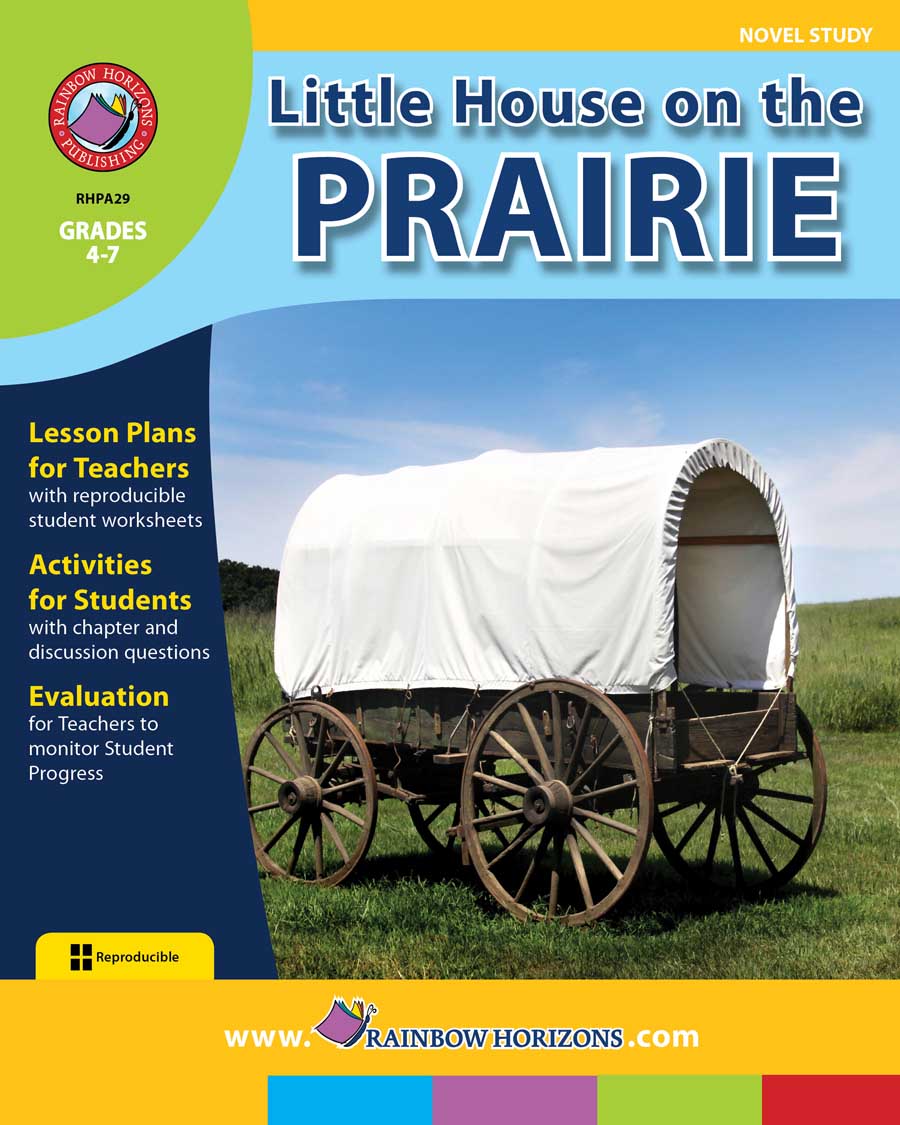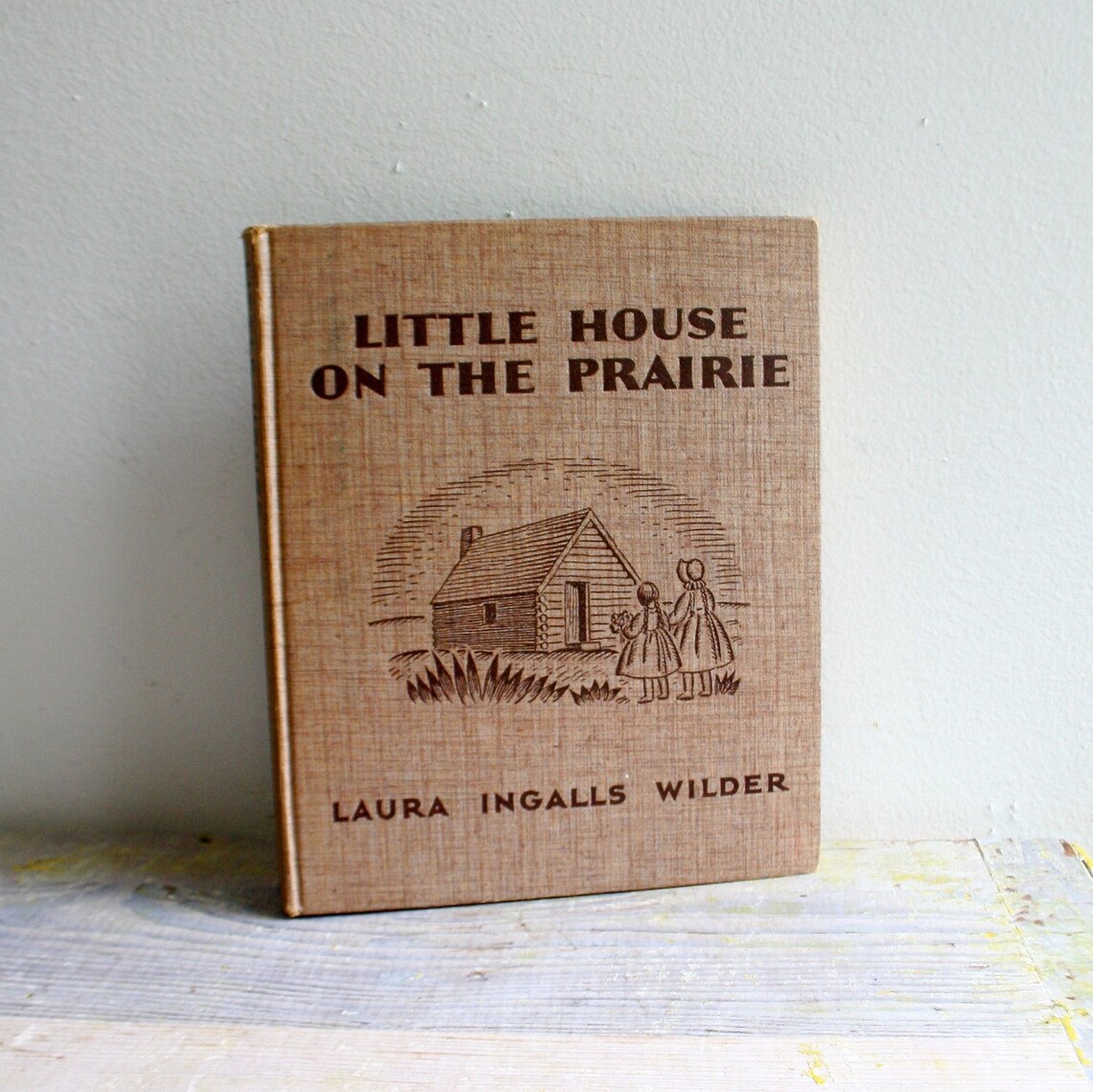

It can be hard to discuss these things, but it’s an opportunity to teach our children about human dignity, right and wrong, cultural differences, and the events of history. They also come to understand that life is complicated, and that throughout history groups of people have been treated poorly, unjustly, and downright horrifically. The advantage of letting children read widely is that they’re exposed to lots of opinions and diversity of ideas.

The price of allowing them to read widely is that they’re going to ask hard questions and I’m going to have to do my homework and be ready to have those conversations. My daughters have read Little House several times now and they ask questions about why someone said a certain thing or thought a certain way. Short of having a massive book burning in a fit of righteous puritanism, we do have other options for helping our children read and understand classic books … Let them read and ask questions It would be easy to express outright indignation about the decision to remove Wilder’s name from the award – and I will say that I personally don’t agree with the decision – but the issue of how to handle difficult sections of books has many layers. These books have a lot to offer and our libraries would be poorer without them. Here, for example, is a list of books that have at one time been both classic, required reading in school but at other times banned entirely (including The Catcher in the Rye, Call of the Wild and The Adventures of Huckleberry Finn). We wonder how anyone could have ever talked that way or thought such things. It’s not uncommon to look back on some books with embarrassment. I’m not willing to call Ma a racist, but the question remains, how should we deal with examples such as this in literature? Should Little House be erased from the history of literature? She may also have been unaware of the full impact of colonization and, in her mind, was simply seeking a better life for her family. This is the context in which Ma formed her opinions – she had heard of the danger and the violence. They were unwelcome guests and the reception was often fierce. It’s helpful to remember that as the Ingalls family moved west they encroached on land that was already occupied. In particular, Laura records of her mother that, “Ma hates Indians.” Her name was recently removed because of what the ALSC says are racist attitudes toward Native Americans. Laura Ingalls Wilder, author of the beloved Little House on the Prairie books, was the first recipient of an award given by the Association for Library Service to Children back in 1954. For the next 60 odd years, the award was named in her honor. The popular children's author, Laura Ingalls Wilder, is under fire for being racist in some of her work.


 0 kommentar(er)
0 kommentar(er)
